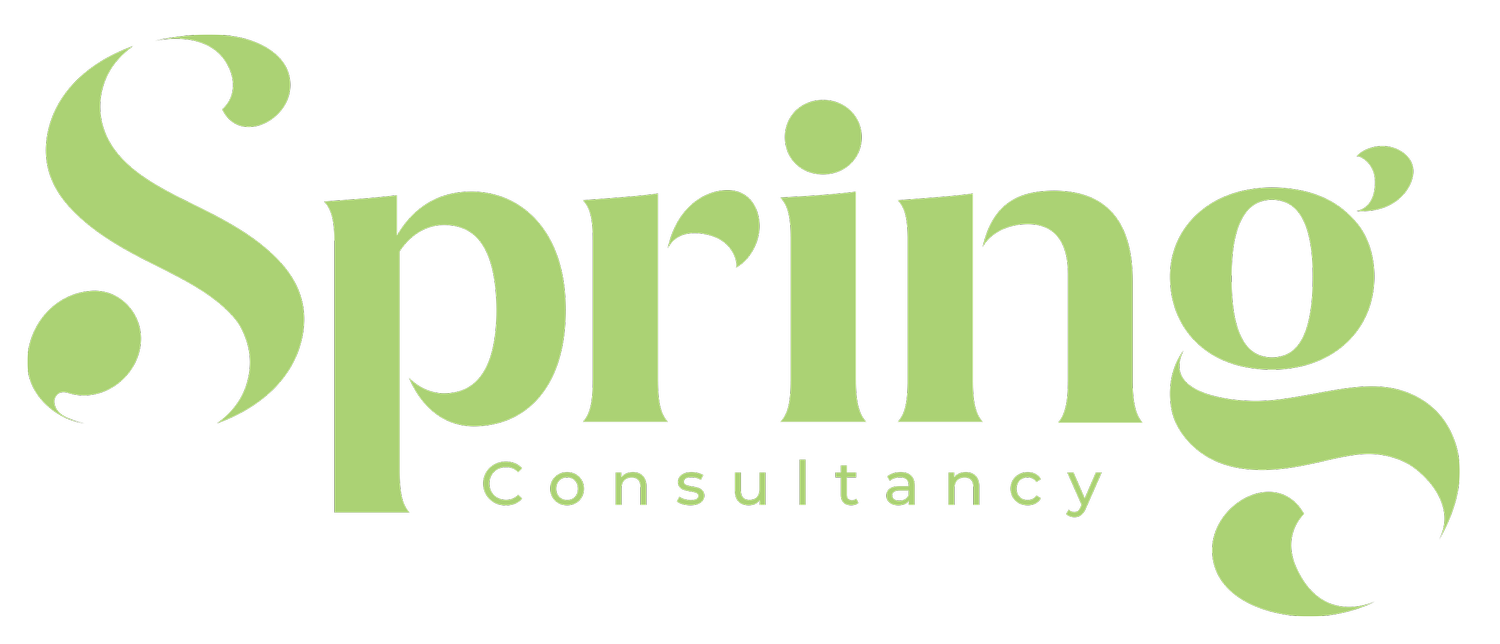Confused about VAT?
As your business grows, thinking about VAT registration can be a bit mind boggling. To help we’ve put together a rough guide covering off the main points.
Value Added Tax or VAT as it’s commonly referred to is a tax on consumption of goods and services.
Businesses registered for VAT must charge VAT on the goods and services it provides and pay the VAT charged to HMRC. Any VAT paid on business related purchases can be reclaimed to offset this.
The UK has different VAT rates applicable to various goods and services. The standard rate of VAT is currently set at 20% (as of the year 2023/24). However, some goods and services qualify for reduced rates of 5% or zero rates, while others may be exempt from VAT completely. It is crucial for businesses to understand the applicable VAT rates for their specific products or services.
VAT registered businesses are required to report to HMRC via a VAT return which is usually completed every three months. The deadline for submission of the return and payment of any VAT liability is one month and seven days after the end of the period.
When do you need to register for VAT?
You must register if:
your total VAT taxable turnover for the last 12 months was over £85,000 (£90,000 from 1 April 2024) (the VAT threshold)
you expect your turnover to go over £85,000 (£90,000 from 1 April 2024) in the next 30 days
This doesn’t just apply to Limited companies but to sole trade businesses too.
Can you register before meeting the threshold?
You can voluntarily register but it is important to consider whether it is worth registering early.
If your client base is generally VAT registered, they should be able to reclaim the VAT on your products/services and therefore you registering for VAT will not affect them.
If not, then this is likely to play into their consideration of your overall price as in order to make the same profit you will need to add 20% on top of your current price.
What proportion of your costs have VAT included on them that you could reclaim? It may be that this is fairly minimal and therefore the administrative cost of VAT reporting would be in excess of the VAT you could reclaim.
What is MTD?
Introduced in April 2019, Making Tax Digital requires the use of an accounting software (such as Xero) to keep digital records and submit VAT returns electronically to HMRC.
Wondering how this affects your business, feel free to get in touch for a chat.
This is a basic overview of the UK VAT system and we always recommend that you seek advice from a suitably qualified adviser before taking any action. The information in this article only serves as a guide and no responsibility for loss occasioned by any person acting or refraining from action as a result of this material can be accepted by the authors or the firm.

